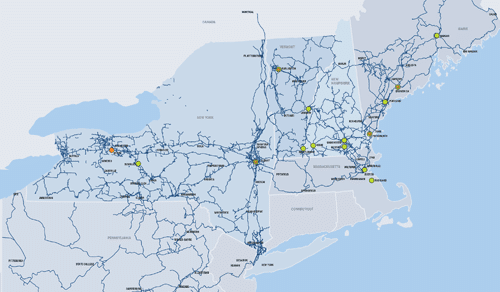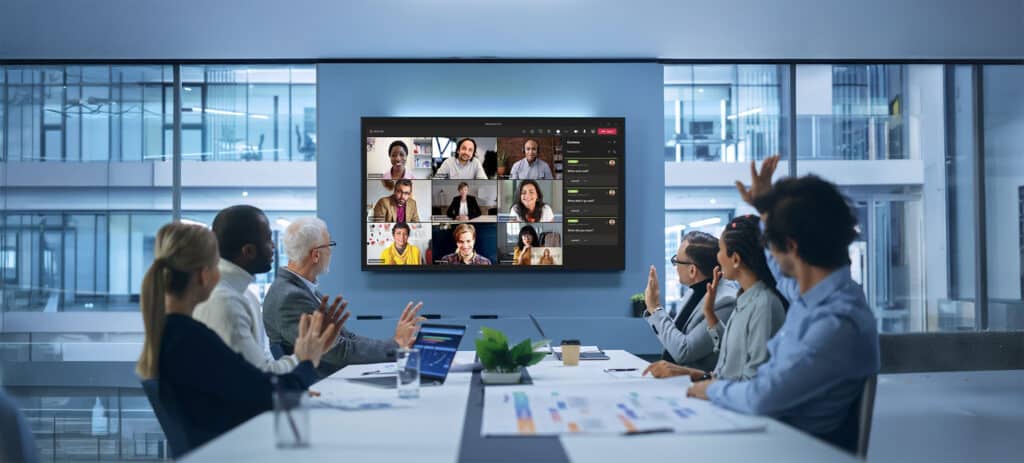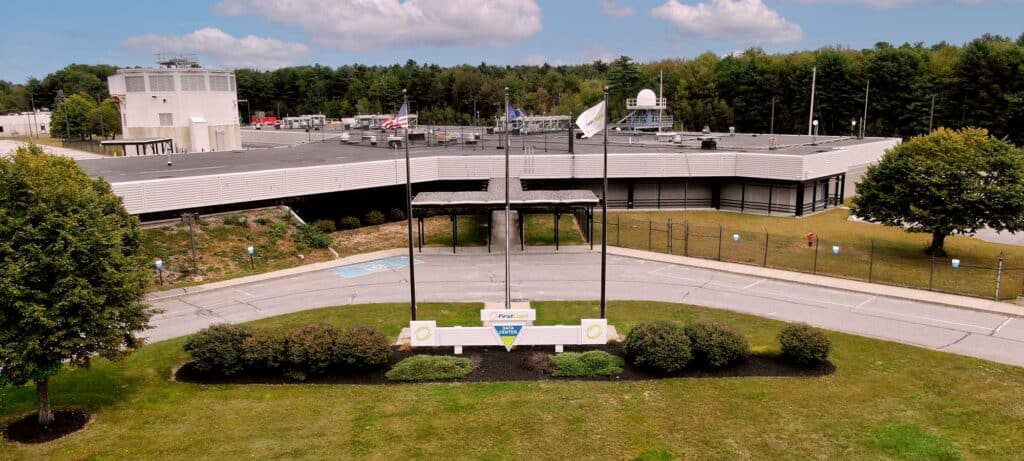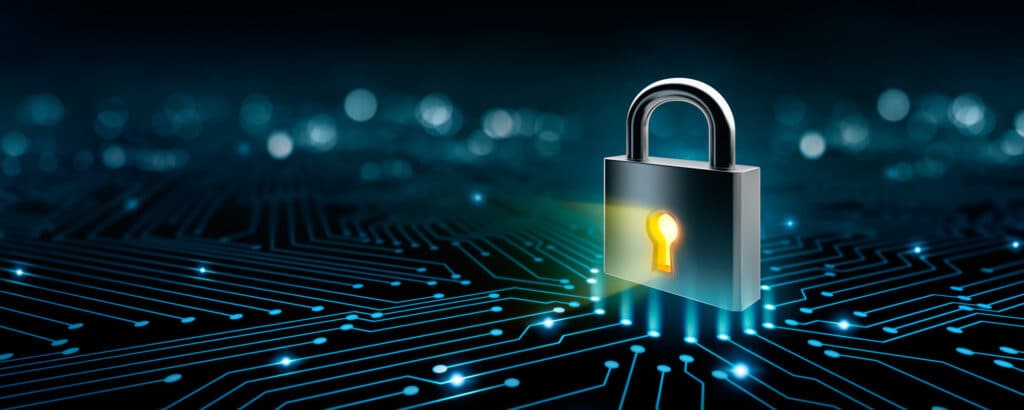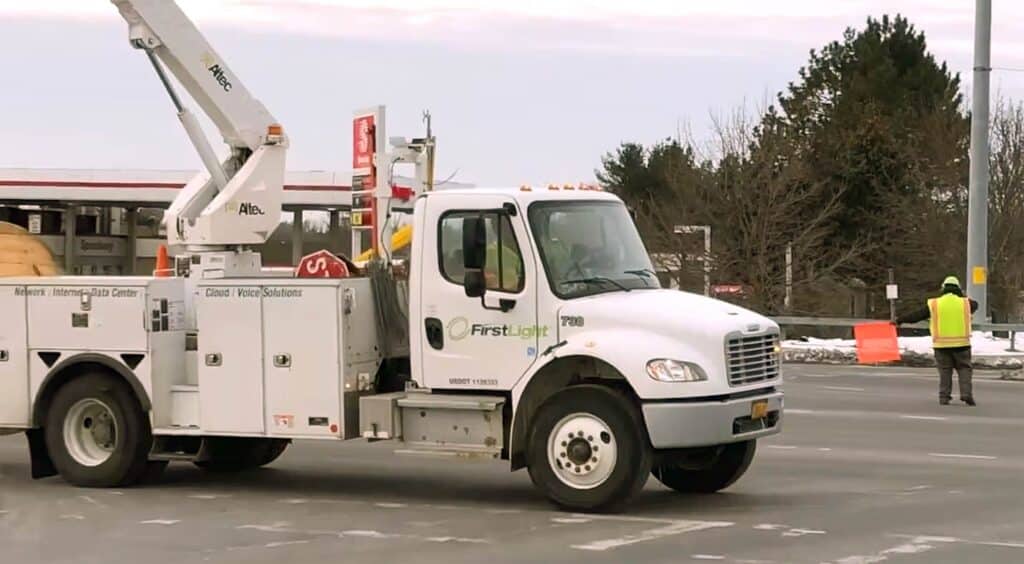Today’s Reality
In an age of instant communication and multiple devices, it’s easy to assume that notifying individuals during an emergency would be straightforward. After all, most people have electronic devices. However, it’s precisely because devices are ubiquitous that simultaneously informing all your constituencies – police, fire, parents (in the case of schools), significant others, administration, staff, etc. – in real time and on all devices is an enormous challenge.
Technology makes it possible to convey information instantaneously, so the public expects to be notified often and accurately when a crisis emerges. But that’s not always easy. Some institutions have outdated and siloed notification systems. Others have multiple locations with different communication practices. In the case of classrooms and hospitals, stakeholders may not have immediate access to their personal devices, making efficient notification an even greater challenge. (For example, cell phones are often not allowed or must be turned off in hospital rooms, court rooms, or classrooms.)
The emergence of mass notification systems has dovetailed with the growing number of serious threats. It isn’t only armed and dangerous individuals that constitute a crisis. It’s also fast-moving weather systems like tornadoes and hurricanes, power outages, missing persons, medical emergencies, gas leaks, structural building damage, and other events.
Get to Your People, Whenever, Wherever
Management teams are increasingly searching for mass notification systems that can leverage multiple media devices. Singlewire’s InformaCast notification system is a good example. InformaCast can deliver intrusive, attention-getting audio, text and visual alerts throughout a facility or facilities, to emergency personnel, and to individual mobile devices. It can also streamline daily communications with scheduled broadcasts and patch into existing desk phone systems, digital signage, alarms, detection systems, security cameras, and text messaging.
In addition to its mass notification features, InformaCast also offers integration with a visitor management tool called Visitor Aware®, which screens visitors by having them log in at a facility entrance. Using a secure and automatic visitor screening process, within seconds the system flags unwanted visitors using sexual predator registries, watchlists, legal injunctions, and custom-banned visitor lists. Flagged issues automatically initiate InformaCast warnings to key individuals, while authorized guests receive helpful notifications during their visit.
One school in Alabama used InformaCast to connect with its IP phones and speakers. During an emergency, InformaCast can now send messages to intercoms inside and outside the building. In a crisis, messages are displayed on IP clocks, while the system controls door locks and school bells. InformaCast can also receive notifications from connected motion detectors to gauge activity in critical areas.
In another use case, a manufacturing facility in Chicago had a problem with its overhead speakers used to broadcast emergencies. Because the building had undergone an expansion, some areas of the shop floor were too far from overhead speakers to hear announcements. Other employees worked with loud machines, so they couldn’t hear notices. That was also the case with some managers who sat behind closed doors, making announcements inaudible.
After InformaCast was implemented, notices were able to reach overhead paging systems, Cisco VOIP phones, employee email accounts, and corporate cell phones, providing numerous ways to convey an emergency.
What’s Next?
Though you hope you never have to use it, the reality is that emergency notification technology is an essential component to any workplace’s safety strategy. The good news is that products like InformaCast have made it feasible for organizations across industries to implement a holistic approach with ease and affordability.
Singlewire is a trusted partner to FirstLight. For additional information about InformaCast, ask your FirstLight account executive to schedule a demo.
